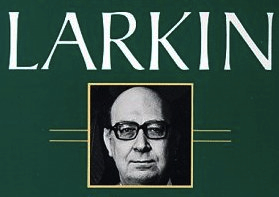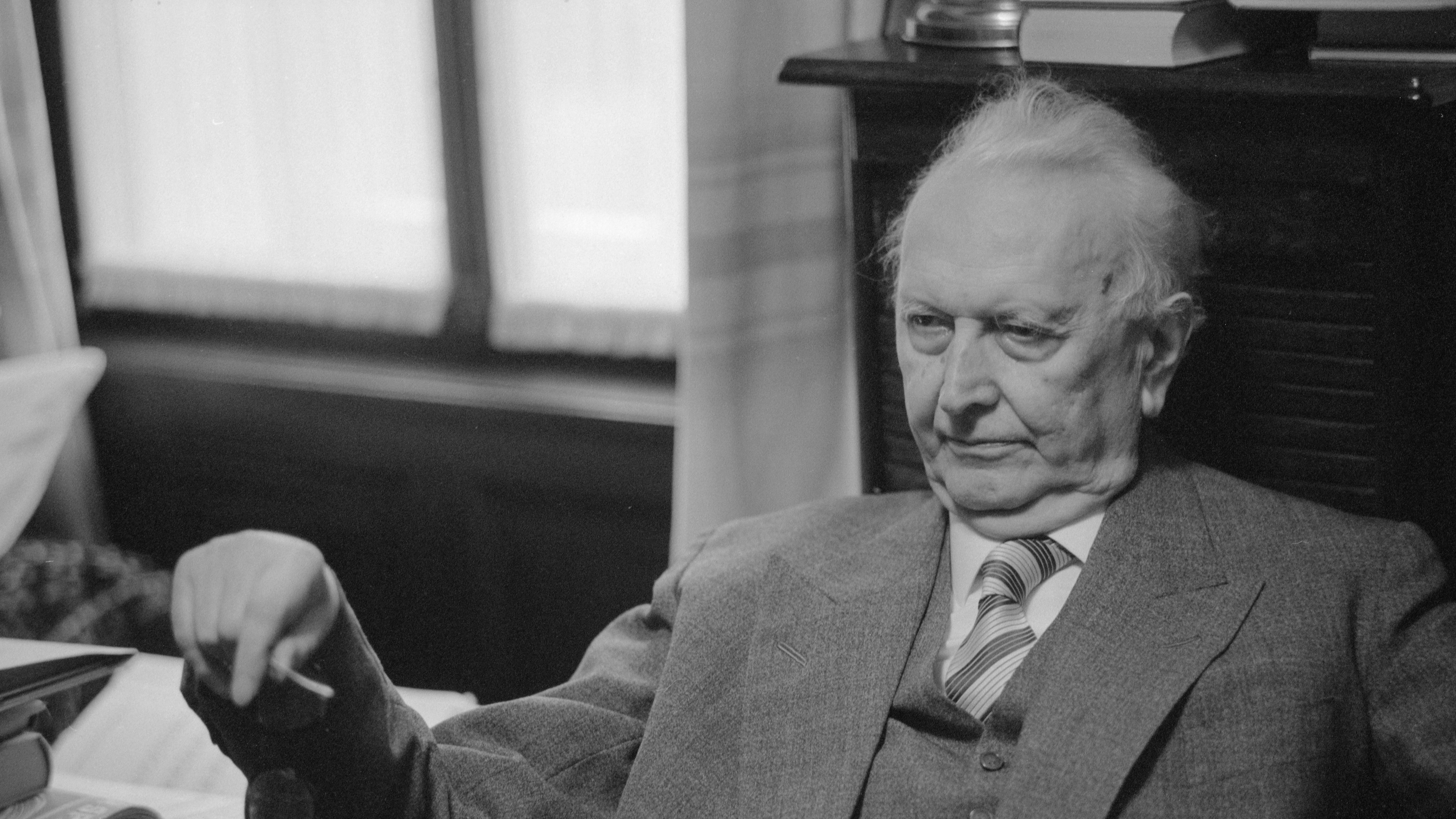Philip Larkin, Sentimentalist?

Once in a great while, I write something that’s too long to fit comfortably in a blog post. This week one of those pieces, an essay on the notorious and beloved British poet Philip Larkin, is up over at Open Letters Monthly.
Larkin is a writer I find continually fascinating: a major poet who produced a slim body of published work, and within that body, I think, only a handful of truly major poems. (But what poems they are: “The Whitsun Weddings” alone is one of the great performances in twentieth-century verse.) His style was revolutionary in its marriage of plainspoken, often crude diction with impeccable formal control. (Recite along with me: “They fuck you up, your mum and dad. / They may not mean to, but they do. / They fill you with the faults they had, / And add some extra, just for you.”) In certain poems, though, that style can seem facile, its bluntness and vulgarity self-protective. Just on the other side of it, as I argue in the essay, lies a sentimentality that he was at pains to resist.
Here’s an excerpt from the piece:
The Larkin who became a reluctant icon was famously irascible both in life and letters: “Poetry,” he once wrote, “is nobody’s business except the poet’s and everybody else can fuck off”….To find his younger self writing such dreamy Romantic stuff is like discovering that Walt Whitman started out by writing Swiftian satires.
And yet Larkin’s turnaround makes a strange kind of sense. In its total inversion of his mature sensibility, his early work reveals exactly how that sensibility arose. I don’t mean that The North Ship is simply phony, a medley of borrowed voices that the poet discarded once he found his own. On the contrary, beneath its thin veneer of imitation lies a remarkably clear window onto Larkin himself: the artless Larkin, the genuine Larkin (as in Oscar Wilde’s remark that “all bad poetry springs from genuine feeling”). Its naked sentimentality is what the poet spent the rest of his career covering up—sometimes elaborately, sometimes thinly, and often brilliantly.
You can read the rest here.





